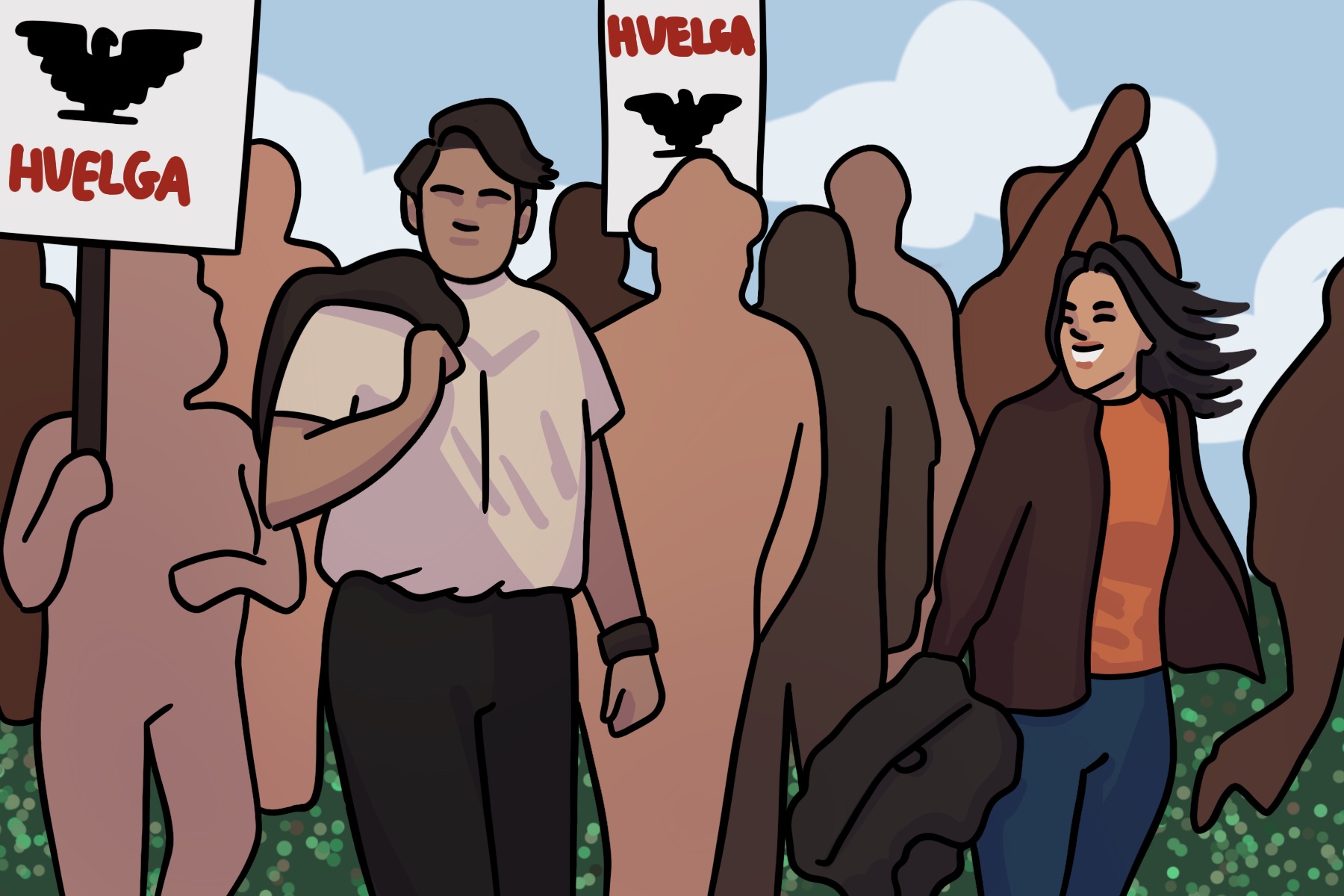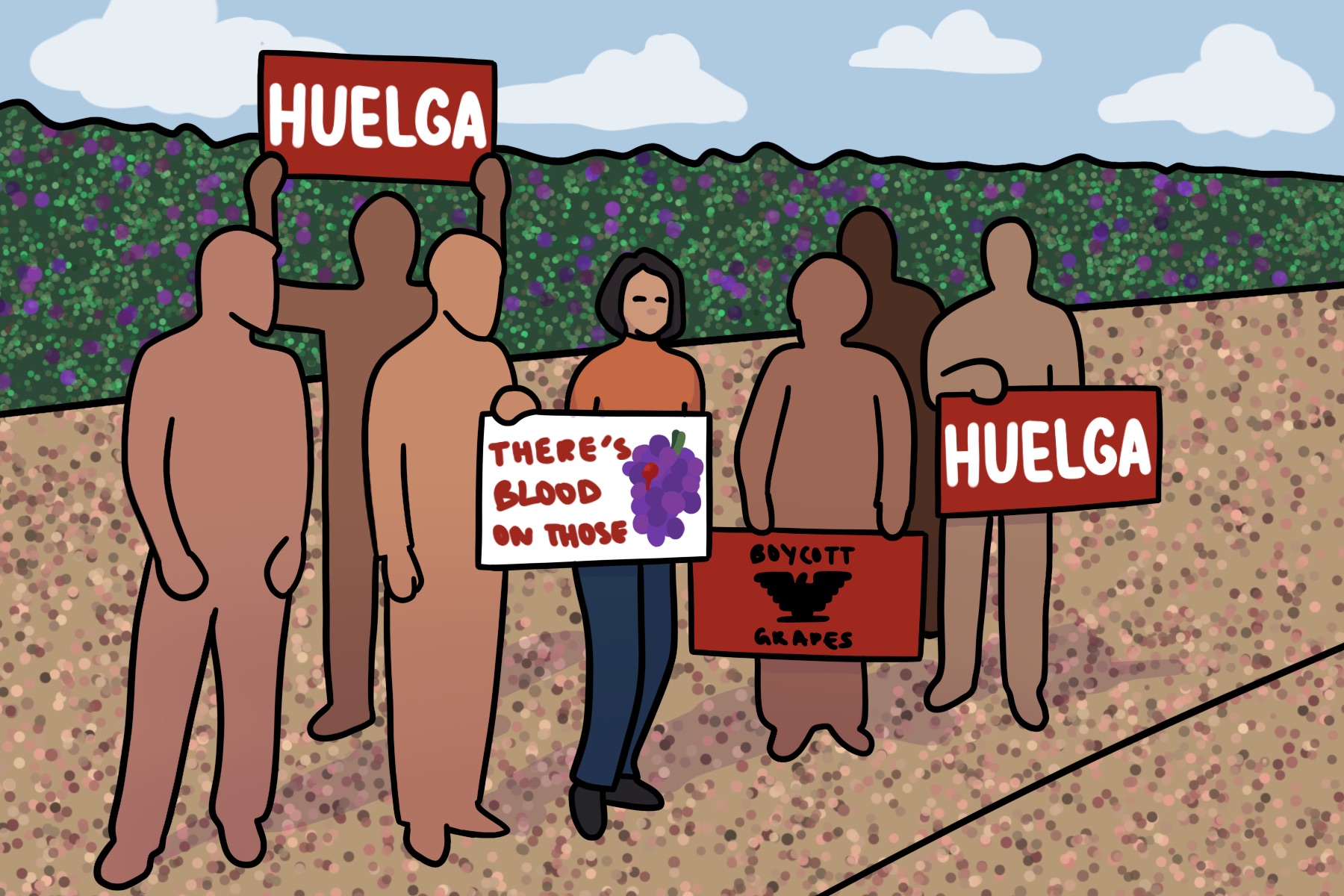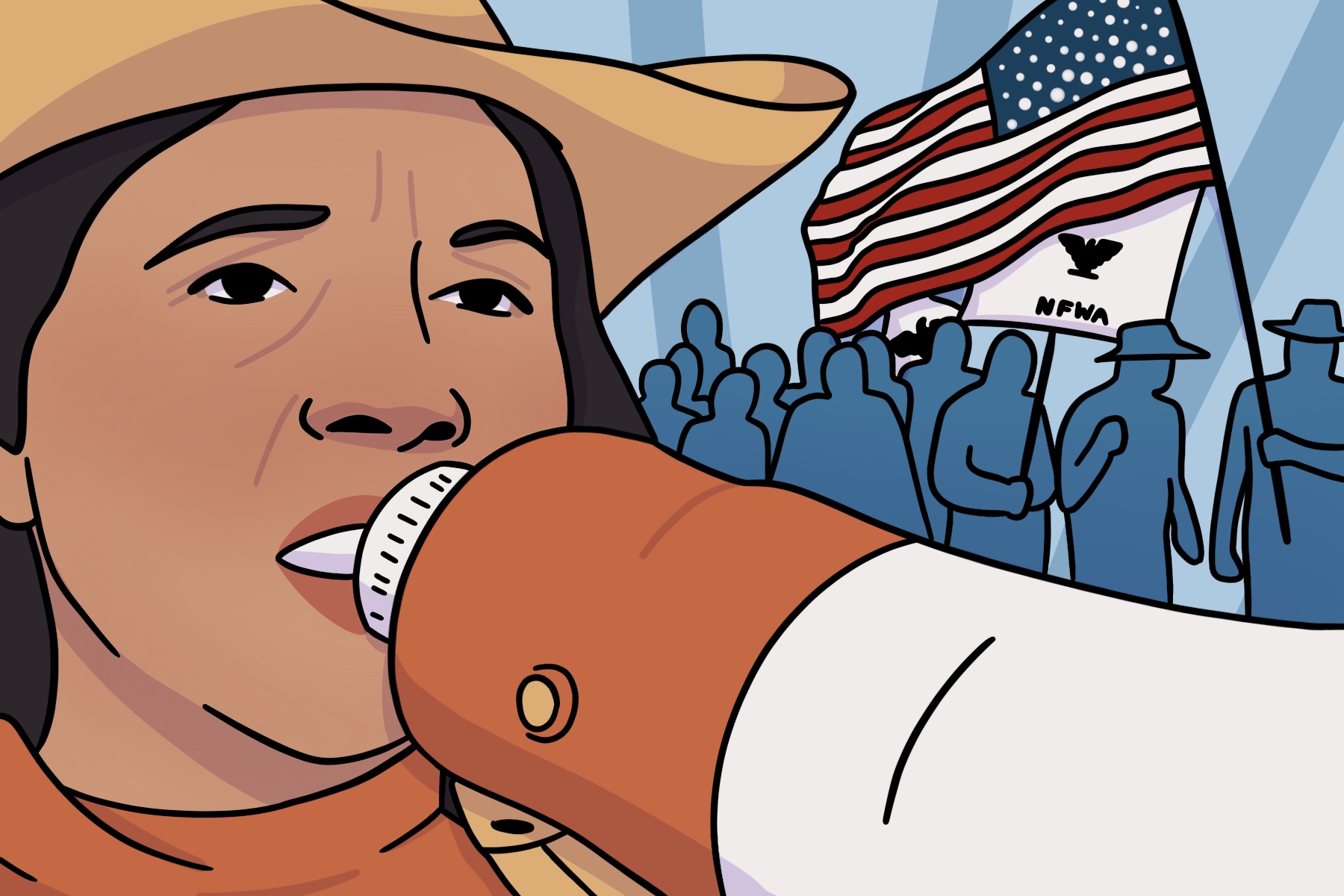Dolores Huerta
Dolores Clara Fernandez Huerta was born to Alicia and Juan Fernandez on April 10, 1930, in Dawson, New Mexico. Her father was a farmworker, miner, and union activist. Her mother was a kind hotel owner, an active participant in community affairs, and very involved in civic organizations and her church. Dolores' parents divorced when she was three, and she moved to Stockton, California, with her mother and two brothers. There, Dolores was very exposed to diversity. The community where they lived was very agricultural and made up of Mexican, Filipino, African-American, Japanese, and Chinese workers and their families. Dolores was an active member in numerous school clubs and community activities. After high school, Dolores enrolled in the University of Pacific's Delta College and graduated with a teaching degree. While studying, she married Ralph Head and had two daughters, Celeste and Lori.

Dolores taught for some time but was moved by her barefoot or hungry students to become an activist. She started advocating for economic justice with the Stockton Community Service Organization (CSO) while also founding the Agricultural Workers Association (AWA). Among other things, Dolores set up voter registration drives with AWA and pressed local governments for "barrio" improvements for Hispanics, Latinos, and Chicanos. In 1955, through CSO's leader, Fred Ross, Dolores met Cesar E. Chavez. They became friends and discovered both shared visions of organizing farmworkers. Thus they founded the National Farm Workers Association (NFWA), which expanded into the United Farm Workers' Union (UFW) three years later in 1965.

Dolores was an active leader and lobbyist in the UFW; she organized strikes, marches, protests, boycotts and fought hard for farmworkers' rights and protection. With her leadership in 1963, the Aid For Dependent Families and disability insurance for farm workers in California was secured and, in 1975, the Agricultural Labor Relations Act was enacted. Dolores constantly challenged gender barriers during her lobbying. Upon meeting feminist Gloria Steinem, Dolores fought even harder to break gender discrimination within the farmworkers' movement. When she was 58, Dolores was brutally beaten while protesting. After recovering, Dolores took a leave of absence from the union and focused on women's rights. Since then, Dolores has worked with many organizations advocating for social justice and equality, regardless of sex, sexual preference, race, or class.

Dolores Huerta is a hero for many. She received the Eleanor Roosevelt Human Rights Award in 1998 and the Presidential Medal of Freedom in 2012. In addition, she was a board member of the Feminist Majority Foundation, the Secretary-Treasurer Emeritus of the United Farm Workers of America, and the President of the Dolores Huerta Foundation. A documentary was made about her, and she has given speeches in many schools, protests, etc.
I admire Dolores Huerta because I find the way she acts on her values and beliefs very inspiring. Furthermore, I think Dolores Huerta is a very powerful communicator and leader. I am very thankful for all she has done for Latines, women, and other communities that I am part of.
